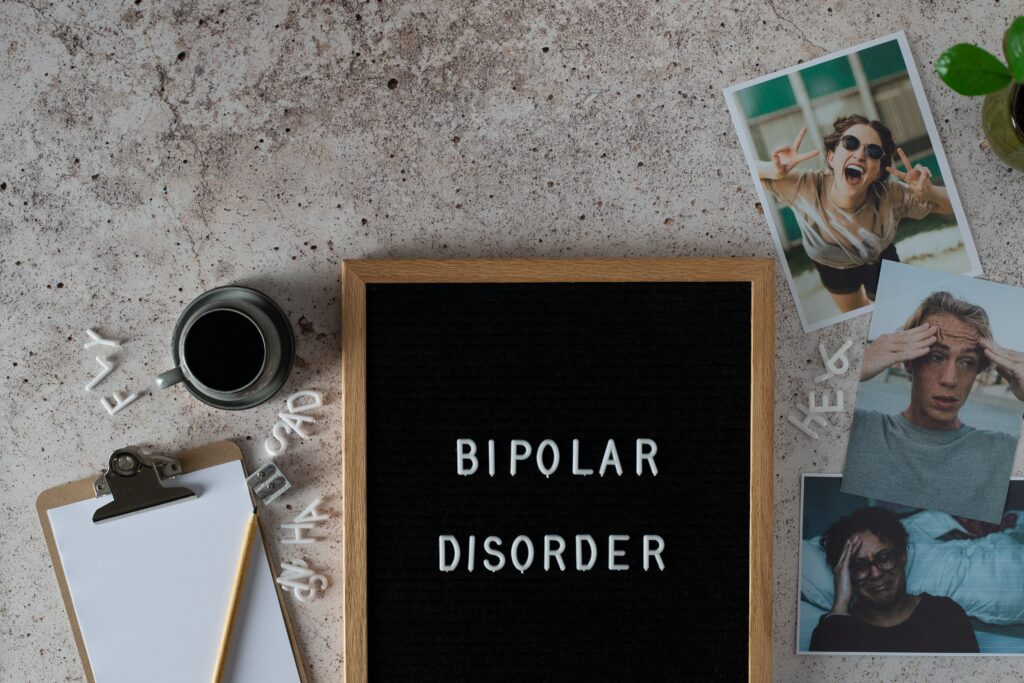Bipolar affects 5.7 million adults each year in the United States. Unfortunately, there are quite a few misconceptions about this disorder floating around.

5 Common Myths about Bipolar Disorder
Below are 5 of the most common myths about Bipolar Disorder and the facts to fight them.
BIPOLAR DISORDER = MOOD SWINGS
Bipolar disorder is much more than what some refer to as “mood swings.” While it is normal for an individual to experience the routine “ups and downs” of life, symptoms of bipolar disorder can be very severe. According to the National Institute of Mental Health, “Bipolar Disorder is a brain disorder that causes unusual shifts in mood, energy, activity levels, and the ability to carry out daily tasks.”
Those with Bipolar Disorder often face the damaging repercussions of their symptoms – severed relationships and poor work performance to name a couple.
BIPOLAR ONLY AFFECTS MOOD
Many people believe that Bipolar Disorder only affects mood, but this is far from the truth. Other symptoms of Bipolar Disorder include being unusually distracted, fast speech, lack of sleep, impulsivity, fatigue, restlessness, and thoughts of suicide. It is clear that Bipolar Disorder has wider implications than just unusual changes in an individual’s mood.
EVERYONE WITH BIPOLAR DISORDER IS VIOLENT & DANGEROUS
It is important to remember that there are different types of Bipolar and some cases present more severely than others. Unfortunately, the individuals with a severe case of Bipolar disorder are often the ones highlighted in the news. The truth is that most individuals presenting with this disorder are not a danger to society.
“There has been a long-standing expectation that mentally ill individuals are more likely to perpetrate violent acts. However, large population studies suggest that mental illness alone does not increase the likelihood of violence.” – Psychiatrist Michael Peterson, MD, PhD
However, some factors that increase the prevalence of violence in cases of mental illness are substance abuse and high emotional stress, according to Madeline Vann, MPH.
MEDICATION RESOLVES BIPOLAR DISORDER
Currently, there is no cure for Bipolar Disorder and the most effective treatment plans include both carefully monitored medication regimens and psychotherapy. One of the commonly prescribed medications for mood stabilization is Lithium. Medications can help to stabilize mood, but they also have some unpleasant side effects including restlessness, dry mouth, headaches, drowsiness, joint & muscle pain, and more. Medication, when used alone, does not fully resolve the symptoms of Bipolar, but when coupled with psychotherapy treatment effectiveness is greatly increased.
MANIC EPISODES ARE FUN
Manic episodes are often portrayed in television and movies as an “on top of the world” experience. Perhaps this may be appealing to some, but this is an incomplete portrayal of the symptoms of a manic episode in Bipolar Disorder. Those experiencing a manic episode often feel extremely anxious, irritable, and have increased impulsivity. Manic episodes can also result in psychotic thoughts and behaviors.








